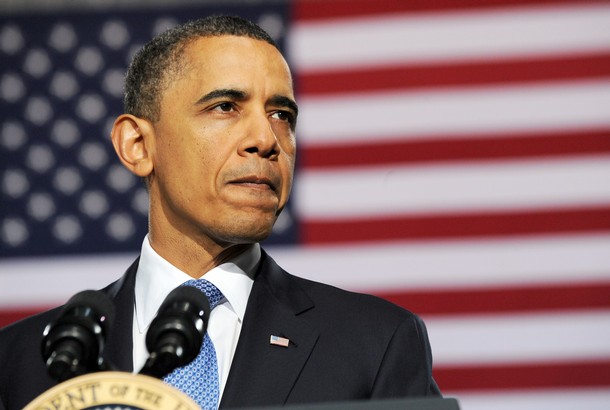
From Fareed Zakaria, the Washington Post: Every few months, commentators find a new grand strategy that animates Barack Obama. First he was the antiwar candidate, because his rise in the Democratic primaries had much to do with his early and consistent opposition to the Iraq war. But even some on the right, including Robert Kagan, pointed out that he was interventionist on other issues, such as Afghanistan. Some criticized his multilateralism, pointing to his offers of engagement to all comers, from Iran to Russia to China. More recently, watching his vigorous outreach to Asian countries threatened by China, the scholar Daniel Drezner concluded that the new grand strategy was one of “counterpunching.”
So what is the Obama Doctrine? . . .
Obama does, however, have a worldview, a well-considered approach to international affairs. His views have been straightforward and consistent. From the earliest days of his presidential campaign he said that he sees the basic argument in American foreign policy as “between ideology and realism” and placed himself squarely on one side. “I have enormous sympathy for the foreign policy of George H.W. Bush,” he explained in a May 2008 interview with David Brooks. In a 2008 interview with me on CNN, he reiterated this admiration but also praised Harry Truman, Dean Acheson and George Kennan for their tough-minded internationalism. Then-White House Chief of Staff Rahm Emanuel told the New York Times in April 2010, “If you had to put him in a category, he’s probably more realpolitik, like Bush 41.”
Commentators have made much of his response to the Arab Spring, especially the May 19 speech in which he outlined a broad policy of American support for democracy in the region. All American presidents have supported and should support the spread of democracy. The real question is: Should that support involve active measures to topple undemocratic regimes, especially military force? On this point, beneath the rhetoric you can see a pragmatism at work again. After being caught unawares by events in Tunisia and Egypt — as was most everyone, including the leaders of those countries — the Obama administration saw that the protests in Egypt were going to succeed and acquiesced in the inevitable. It took Ronald Reagan two years to turn on Ferdinand Marcos. It took Obama two weeks to urge Hosni Mubarak to resign. (photo: Getty)
Image: getty%204%2017%2011%20Barack%20Obama.jpg
